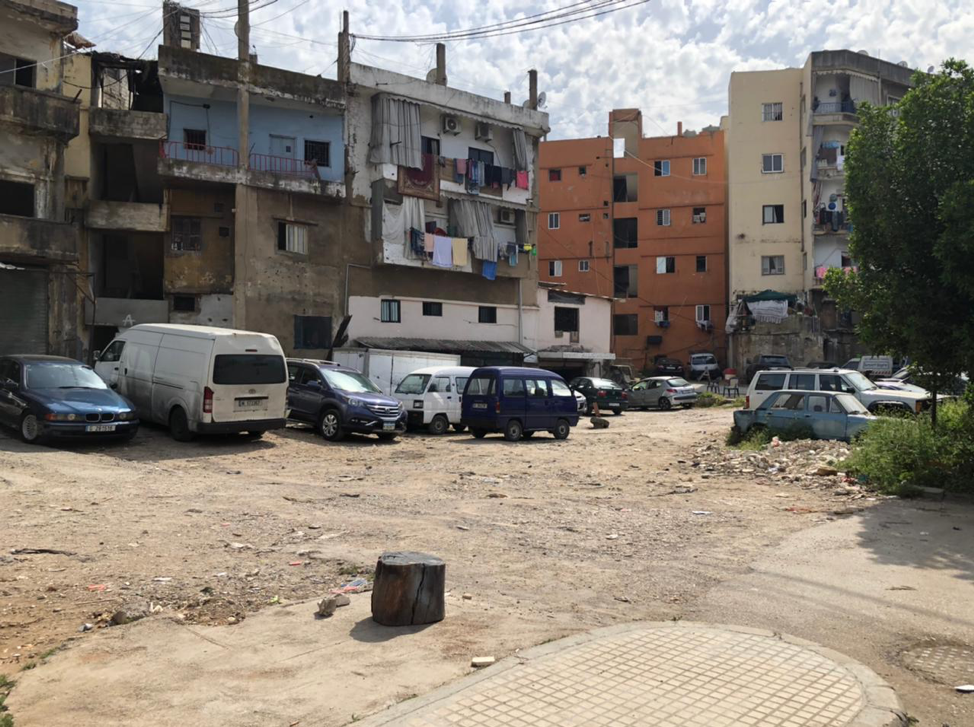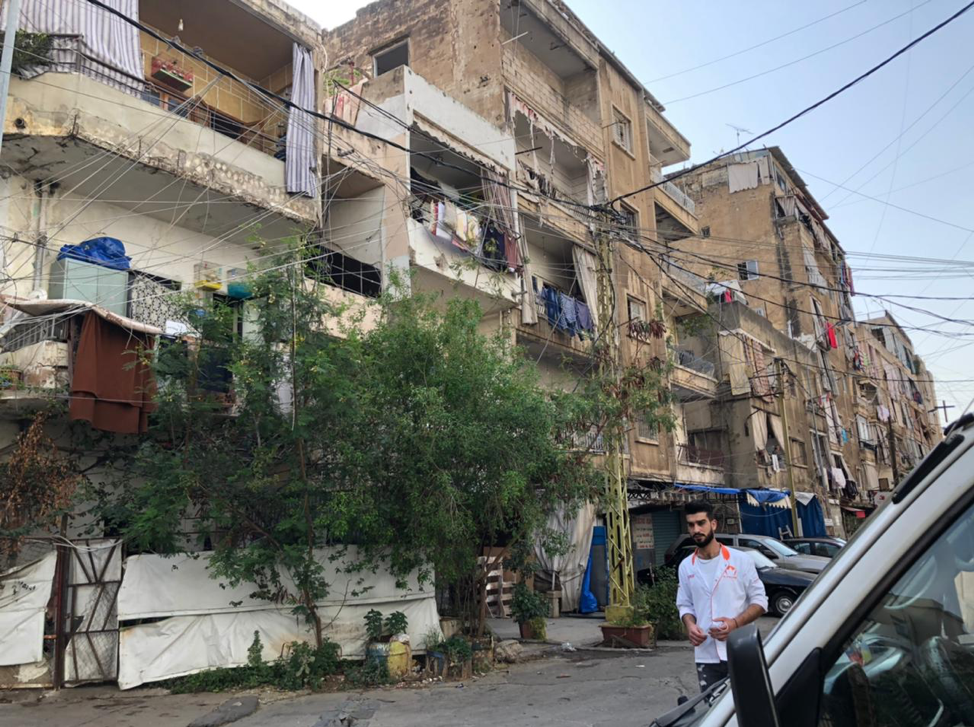About Us
A Glimpse of our Mission
Please watch the impact we are making with our team here in the United States and Lebanon.

Lebanon is a small country that was devastated by a civil war that lasted fifteen years. Though it ended in 1990, most of the developmental projects planned during the last 30 years have failed to be fully implemented due to a corrupt political system. The healthcare system in Lebanon was one of the most affected establishments, and continues to be destabilized by the huge number of Syrian refugees entering the country since 2012.
Recently, the country is facing the worst ever economic crisis since its independence in 1948. More than 50% of the Lebanese people are not medically insured and are under the coverage of the Ministry of Health (MOH). Those who are employed benefit from the National Social Service Fund (NSSF) until their retirement, when the majority of them become dependent on the MOH.
Due to ongoing deficits, the National Social Security Fund (NSSF) is unable to reimburse patients their medical expenses on time, resulting in private hospitals stopping the admission of patients under NSSF coverage. Many employees in private sectors were laid off and private businesses are closing, leaving more than 55% of the population in poverty. Around 250,000 Lebanese college graduates are jobless.


The MOH operates around 30 public hospitals in the country and receives a modest allocation of the total government budget; only a few are tertiary, full-service hospitals. The Private sector dominates the healthcare system with many private hospitals scattered all over the country, including the capital city of Beirut. These hospitals provide medical care at a high cost affordable only by those wealthy and/or insured. Those hospitals that have a contract with the Ministry of Health (MOH) can admit a limited number of MOH patients per month with an annual financial coverage quota. Life-saving policies that allow the admission of critically ill and poor patients into the emergency room do not apply to Lebanese private hospitals.
80% of the hospital sectors in Lebanon are private hospitals, which provide 85% of health services in Lebanon. They are suffering due to the worsening debts in conjunction with the banking sector crisis and the accumulation of debts owed by the Ministry of Health (MOH) and other guarantors.
Recently the Ministry of Public Health (MPH) has cancelled subsidies on a long list of drugs leaving them with extremely expensive prices compared to the current basic salaries
Lebanon's Latest
Since October of 2019, Lebanon has faced a severe economic crisis. In October of 2019, hundreds of thousands of people across Lebanon took to the streets to demand political change. After the resignation of the Lebanese cabinet, Lebanon was thrown into a political crisis. Capital inflows into the country abruptly stopped and Lebanese banks were forced to institute severe restrictions on bank withdrawals. The Lebanese lira has sharply depreciated in value. An extreme form of wealth destruction is taking place in Lebanon as many Lebanese have lost the majority of their monetary savings. Four out of every ten Lebanese are out of work and half the population is below the poverty line. To make matters worse, Lebanon continues to face the ramifications of the COVID-19 pandemic and the devastating August 4, 2020 explosion.
